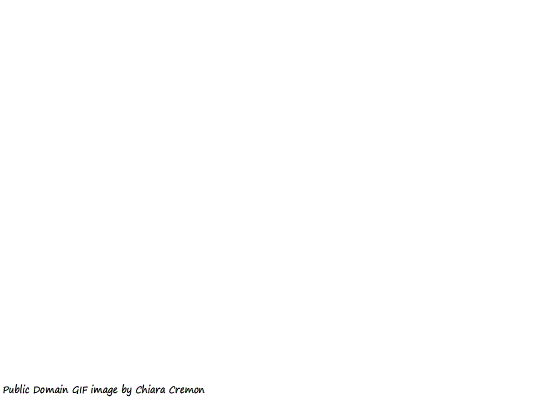I kid you not, statistics is now the sexiest subject on the planet. — Hans Rosling
...without statistics we are cast adrift on an ocean of confusion, but armed
with stats we can take control of our lives, hold
our rulers to account and see the world as it really is. What's more,
Hans concludes, we can now collect and analyse such huge quantities
of data and at such speeds that scientific method itself seems to
be changing.
— Program note from
The Joy of Stats
presented by Dr. Hans Rosling and BBC 2010.
(4m youtube version
and
20m TED talk)
Welcome
We invite you to enter Statistics Contest 2012, to invent and design your own approach to master the concepts of probability and statistics presented in our university courses STAT 230 and 231.
This contest seeks to generate new, outside-the-box ideas for presenting, understanding and participating with the concepts underlying basic probability and statistics courses.
Student participants are hereby challenged to combine creativity and inventiveness with academic and technical skills to explore innovative ways to learn and master the concepts and practice of statistics.
Examples & Tools
Please visit the Probability and Statistics Video page to see some rudimentary examples of video and powerpoint presentations.
Also visit the Examples, Techniques and Tools page to see a few different presentation styles that may act as inspiration. Links to different html5/javascript tools are also included to show that implementations don't have to be complicated.
Rules & Guidelines
- Who can apply:
- any current undergraduate student of the University of Waterloo not connected with running this contest
- any team of up to 5 UW undergraduates per team
- Prizes are awarded to a winning submission from a team or an individual.
- Multiple submissions by individuals and teams are allowed.
- A submission must cover a single concept from the probability and statistics course curriculum.
- Applicants agree to allow their names and submitted material to be used for educational and promotional purposes. Applicants retain copyright of their material.
Deadline
March 1st, 2013 (Friday) is the last day to submit your project to the contest. See submission details below. We encourage you to contact us early for feedback about your ideas. You can submit your project early and we may use it in an upcoming course and make you famous.
Judging
Submissions will be evaluated by members of the Statistics and Actuarial Science departments and their designates.
Submissions
Student submissions must include
- a selection of a topic from one of the two probability and statistics courses, STAT 230 & STAT 231 (see the Topics sidebar to the left for details)
- a description of the idea or concept of your project including an explanation of the benefits of your approach to students taking probabilty and statistics courses
- an animated or video demonstration of the project, less than 10 minutes long,
in sufficient and convincing detail to allow judges to recognize its
quality
- interactive designs like games and simulations are encouraged
Submission format: many electronic formats are suitable, for example: powerpoint animation, html5 canvas/javascript interaction, and video. See the Platforms & Formats sidebar to the left for details.
Submission method: Fill out a copy of this project description document and email it to contestentry@watstat.ca.
You will receive further details about the submission procedure after we get your initial document.Help & Contacts
Advisors are available throughout the contest for consultation on course material and technical implementation matters.
Enquiries about the contest can be addressed to contesthelp@watstat.ca.
Sponsors
We gratefully acknowledge funding from the University of Waterloo Learning and Teaching Enhancement (LITE) Grant program through the Centre for Teaching Excellence (CTE).
FAQ
This section will expand as questions arise.




Topics
Base your submissions on one of the course topics contained in
the following course outlines and notes:
STAT 230 Probability:
STAT 231 Statistics:
Sample topics include
- sample spaces
- conditional probability
- random variables
- central limit theorem
- tests of hypotheses
- likelihood functions
Platforms & Formats
We want to use your submissions in class and on the web. Mobile apps are fine too, as long as there is also a version that works on the web. Use formats that are common across Windows and Mac OS and different browsers. For example, use compressed video formats like MP4, or any of the newer HTML5 video formats: OGGV, ..., not AVI which makes very large files. (UW classrooms have Windows PCs.)

(animated gif)

(animated gif)